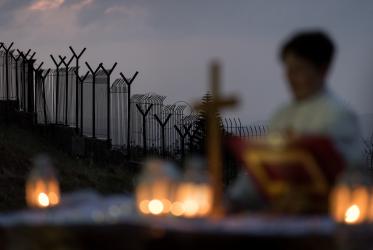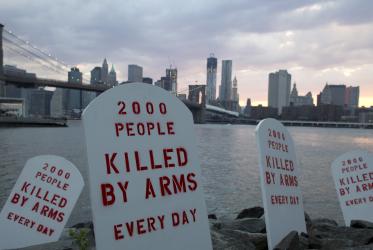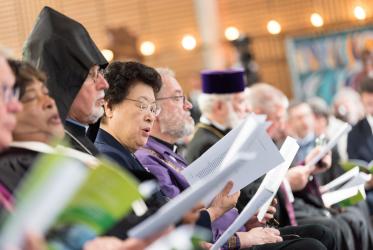Displaying 161 - 180 of 404
WCC condemns attack at Hanukkah celebration in New York City
29 December 2019
The cry of the Papuans in Indonesia
14 November 2019
WCC general secretary: Iraqi people’s voices must be heard
05 November 2019
Churches in southern Africa stand against violence, xenophobia
10 October 2019
Reflection explores humanity, equality in God’s creation
16 September 2019
World Week for Peace highlights humanity and equality
15 September 2019
Pope Francis expresses “fraternal closeness” with Waldensian Methodist
09 September 2019










